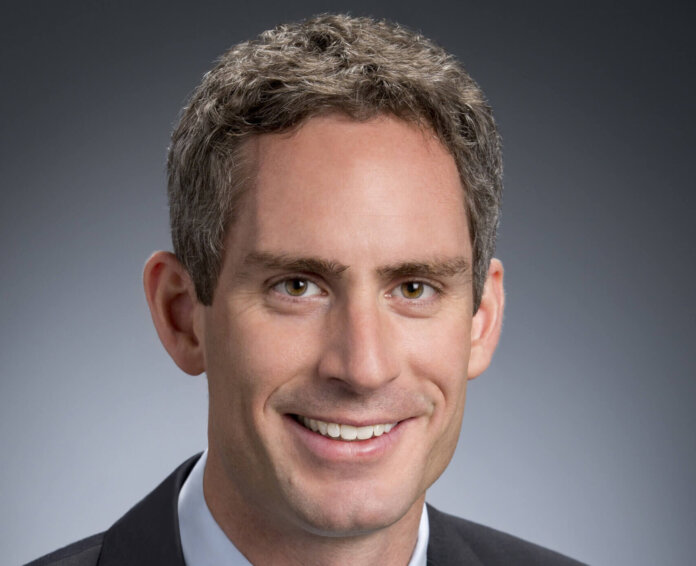The Hydrogen Heavy Duty Vehicle Industry Group – comprising hydrogen industry leaders Air Liquide, Hyundai, Nel Hydrogen, Nikola Corp., Shell and Toyota – has signed agreements with Tatsuno Corp. and Transfer Oil S.p.A. to industrialize globally standard 70 MPa hydrogen heavy-duty vehicle high-flow (H70HF) fueling hardware components.
The Industry Group was formed in February 2019 with the goal of addressing hydrogen fueling hardware challenges of achieving the fueling speeds that are needed for heavy-duty applications today. Other goals include testing and evaluating the hardware’s performance and standardizing the connector design to ensure adoptability throughout the world. This builds upon the collaboration of the hydrogen industry that achieved a global standard fueling interface for light-duty fuel cell electric vehicles.
Tatsuno, an international hydrogen fuel equipment provider founded in 1911, is designing and developing vehicle receptacle and dispenser nozzle and breakaway components. Transfer Oil, a manufacturer of reinforced thermoplastic hoses, is leading the design and development of a hydrogen dispenser fueling hose. The fueling hardware is anticipated to support average hydrogen fueling rates of 10kg/min, which is in line with the U.S. Department of Energy’s Technical Targets for Hydrogen-Fueled Long-Haul Tractor-Trailer Trucks. Testing is planned at an independent test facility and scheduled to commence in Q4 2021, with preliminary performance and safety results available in Q1 2022.
“This innovative fueling technology will be an essential part of our hydrogen infrastructure development strategy, making hydrogen available to Nikola heavy-duty FCEV customers and the industry at large,” says Pablo Koziner, Nikola’s president of energy and commercial.
“Together with other industry players, Nikola is pushing the development and introduction of the new H70HF standard. The development of this hardware is an integral part to enable projected fueling times competitive to diesel fueling times,” states Christian Appel, Nikola Global’s chief engineer for Tre FCEV and propulsion engineering.
“This effort is a prime example of industry competitors working together towards a common goal of decarbonization. Toyota is proud to be a member of this group and of the vision we share for a future where diesel trucks are replaced with zero emission hydrogen fuel cell electric technology,” mentions Justin Ward, group manager of Toyota’s Fuel Cell Development Department.
“On March 23, Air Liquide announced its ambitious ESG objectives to ACT for a sustainable future,” adds Andrew Garnett, vice president of hydrogen at Air Liquide. “In full support of the 2015 Paris agreement, our commitments address the urgency of climate change and the energy transition, targeting carbon neutrality by 2050. The plan includes an acceleration in hydrogen development, something Air Liquide has been involved in for some time. Over the past 50 years, Air Liquide has developed a unique expertise, mastering the entire supply chain, from production and storage to distribution. As such, Air Liquide is contributing to the widespread use of hydrogen as a clean energy carrier for a wide range of applications such as industrial usages and clean mobility.”
Hyundai Motor Company announced its carbon neutral commitment to reduce its carbon emissions 75% below the 2019 level by 2040, and to achieve carbon neutrality in its products and global operations by 2045. The company’s integrated strategy to achieve carbon neutrality rests on the following three pillars: clean mobility, next-generation, and green energy. By 2030, the company aims to secure 30% of its global vehicle shares with ZEVs, and by 2040, it expects BEVs and FCEVs to account for 80% of its total fleet sales.
The vision for Hyundai Motor Group is that by 2040 hydrogen energy will be used not only for transportation but will also be applied to wider areas of industries and sectors. They plan to proactively respond to climate change through hydrogen solutions, starting with the commercial vehicle sector, which emits larger amounts of CO2 and requires longer drive ranges compared with the passenger vehicle sector. Hyundai Motor Group will launch all-new commercial vehicles such as buses and heavy-duty trucks for the global market as fuel cell electric vehicles and battery electric vehicles. By 2028, they expect to become the first global automaker to apply its fuel cell system to all commercial vehicle models.
NextEnergy, a nonprofit technology accelerator based in Detroit, is the project manager and will oversee the successful completion of this initiative. NextEnergy specializes in developing and managing partnerships which deploy energy and mobility technologies in real-world scenarios to accelerate commercialization.





